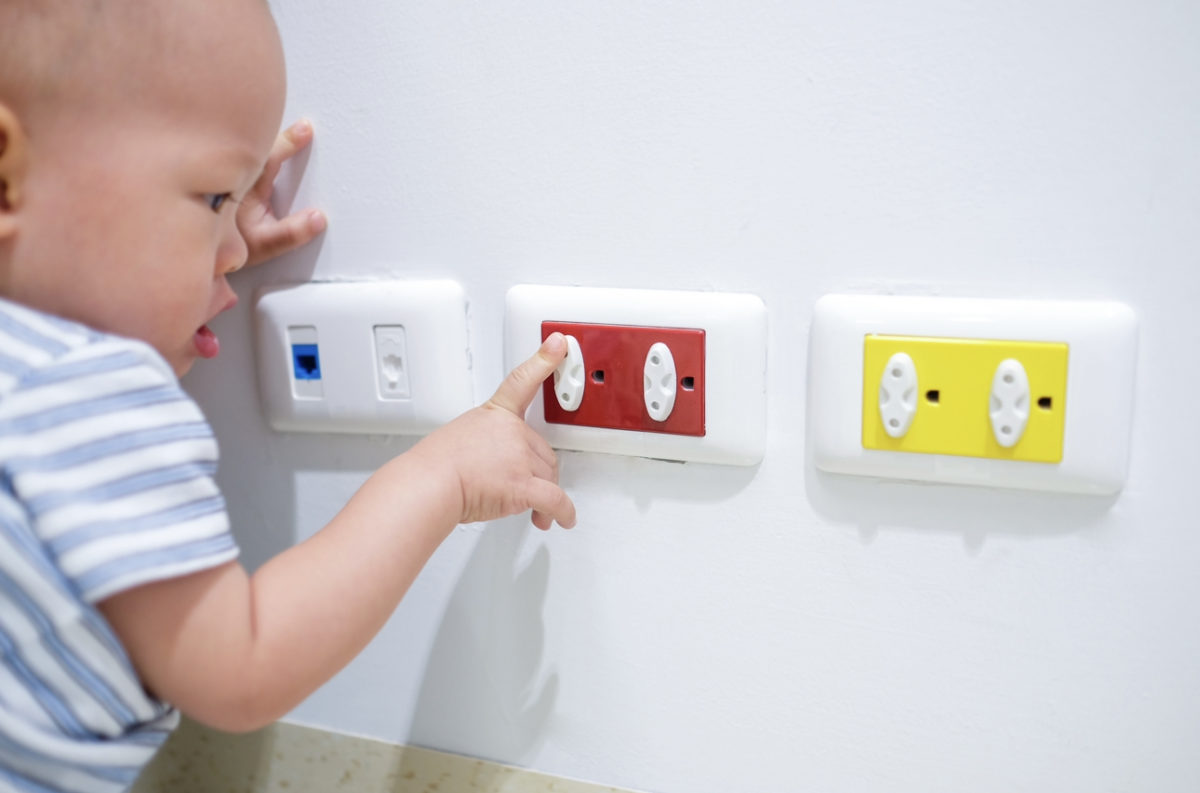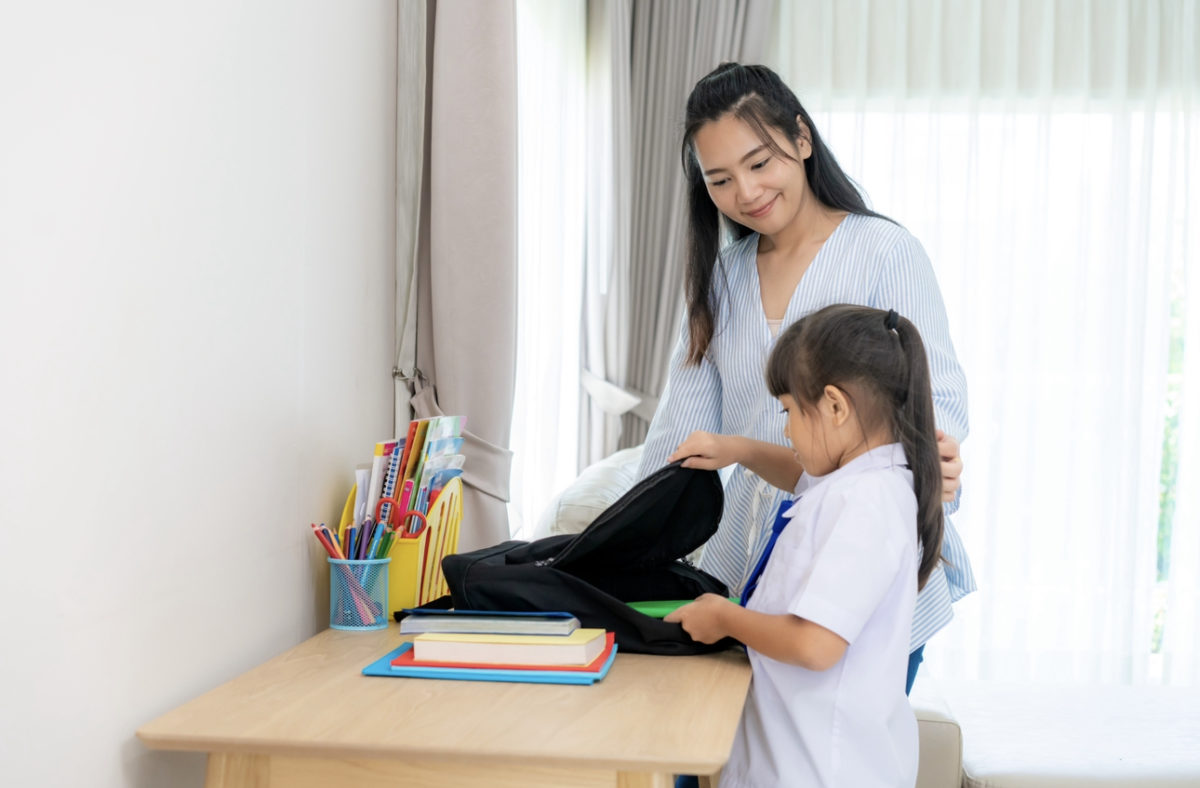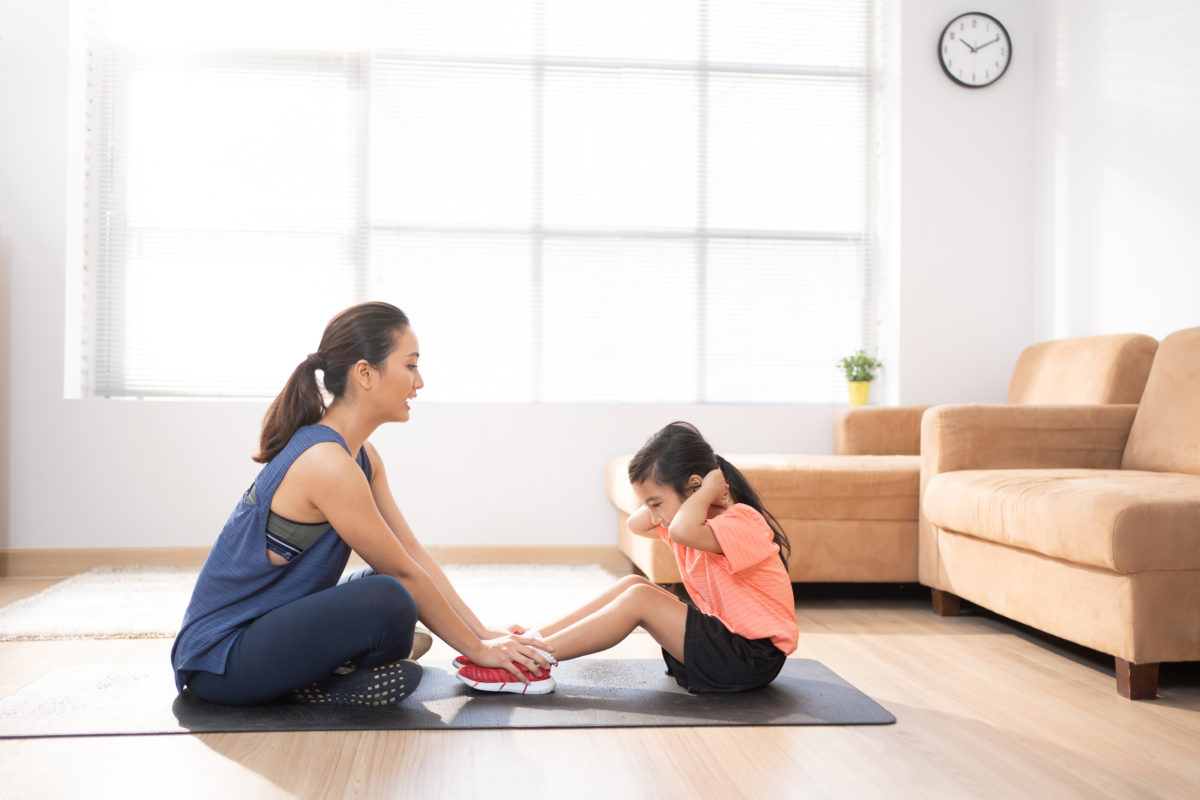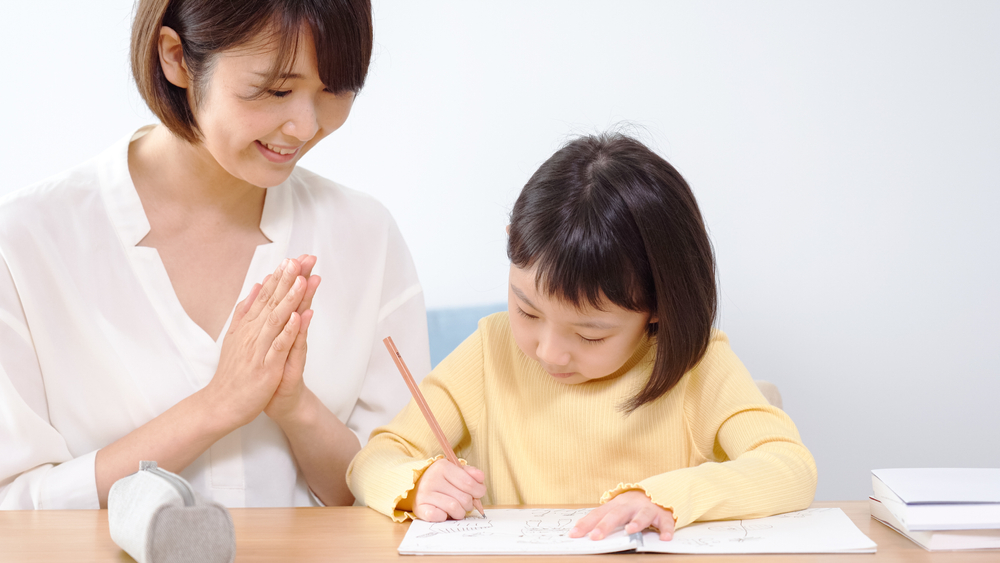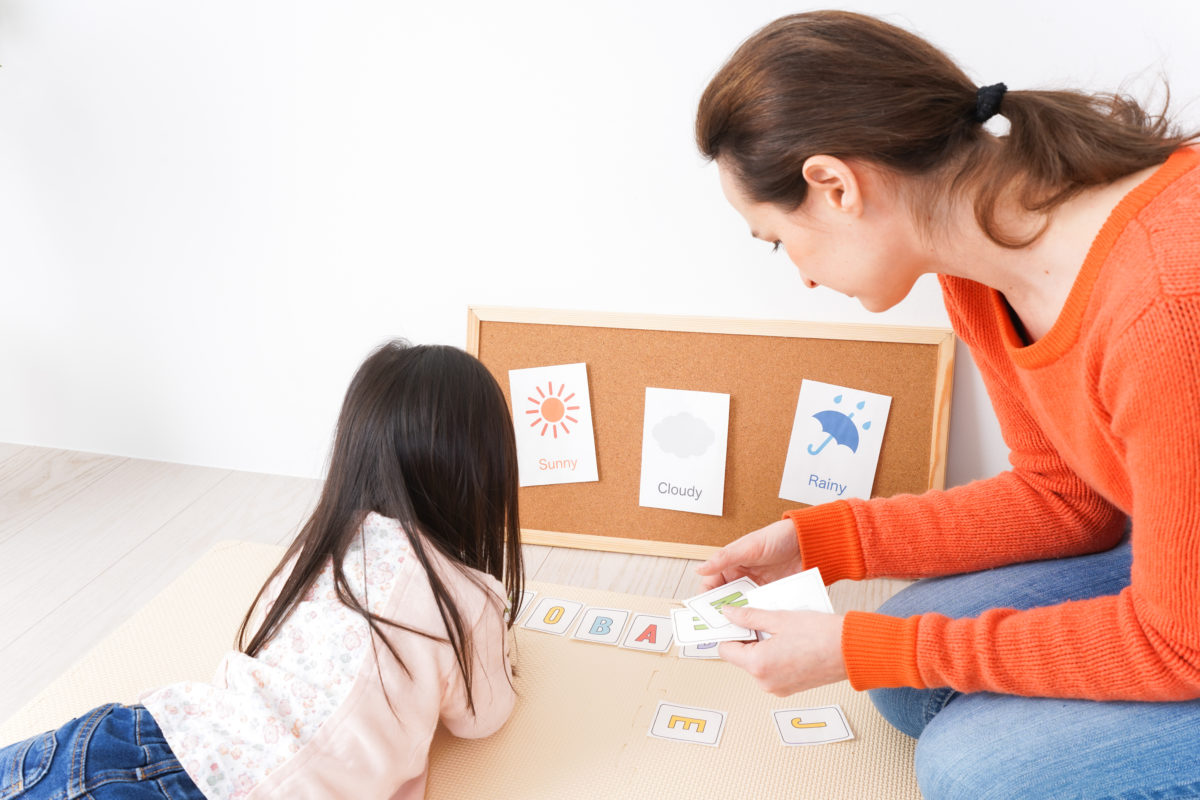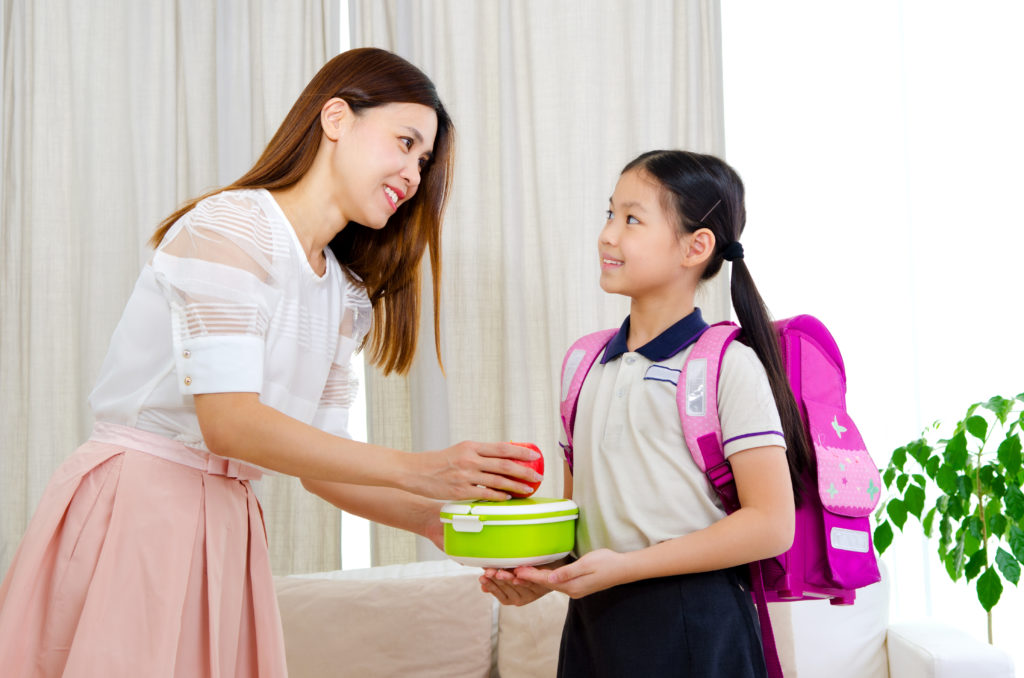Source: Emergency Room Specialist Dr. Cheung Hei Lok
There are hidden dangers in the home, and children can easily get injured with just one careless moment. What should be taken into consideration when arranging the home to prevent children from getting injured?
One common household accident is children getting their fingers caught. Sometimes, due to strong winds, doors may slam shut or someone may accidentally close the door, resulting in finger injuries. Therefore, it is important to always lock the door when entering or leaving, or at least keep the keys out of reach. Parents can also use adhesive materials to secure the door latch so that even if it closes, fingers won’t get caught, or use door stoppers to reduce the risk of finger injuries.
In the kitchen, it is advisable to install a kitchen gate or ensure that the kitchen door is securely closed, preventing children from entering the kitchen. Parents should also teach children about fire safety from a young age. Fire is both useful and dangerous, so it should be handled with great care.
In addition, medications can also pose a danger. Sometimes, even consuming a single pill can be risky for children, so medications should be stored properly, especially in a medicine cabinet. Medicine boxes should be placed in higher positions that are out of reach of children, ensuring greater safety.
We should also be cautious about children climbing on things, such as bunk beds, higher beds, and sofas, as they may fall. In addition to educating them, we can assess which areas pose a higher risk and place some cushioning there, so that even if they fall, it won’t be as severe. Of course, education is always the most important aspect, and we should also try to prevent them from accessing these dangerous areas.
In Hong Kong, living spaces are often small, and we tend to use tall cabinets to store many items. When there are too many things, it can increase the risk of the cabinet toppling over. Therefore, we should personally check whether the cabinet is easily swayed. When placing items, it is important to put heavier items at the bottom and lighter items on top, so that the cabinet is less likely to tip over.
Another important aspect of home safety is to install window grilles. Children may climb on windows, which poses a greater risk compared to general home safety issues, as it directly involves the risk of life-threatening situations.

